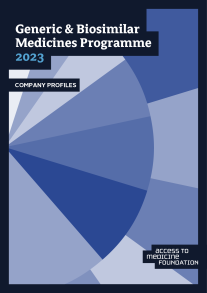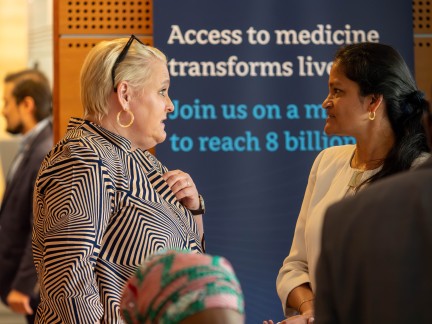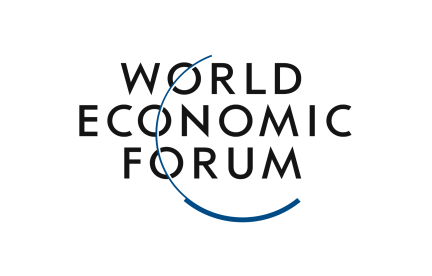Spotlight on the generics industry: New analysis looks at access efforts of 5 major companies
Along with detailed company profiles, the report identifies key findings and opportunities to strengthen manufacturing and improve availability of generic and biosimilar medicines.
Although examples of access strategies could be identified, within these there was almost no evidence of strategies designed to boost affordability by taking ability-to-pay into account, especially for patients paying out of pocket.
In 90 of the 108 countries in scope, at least one of the companies has registered a product – but for the essential medicines analysed in more detail, companies vary significantly in their registration practices in LMICs.
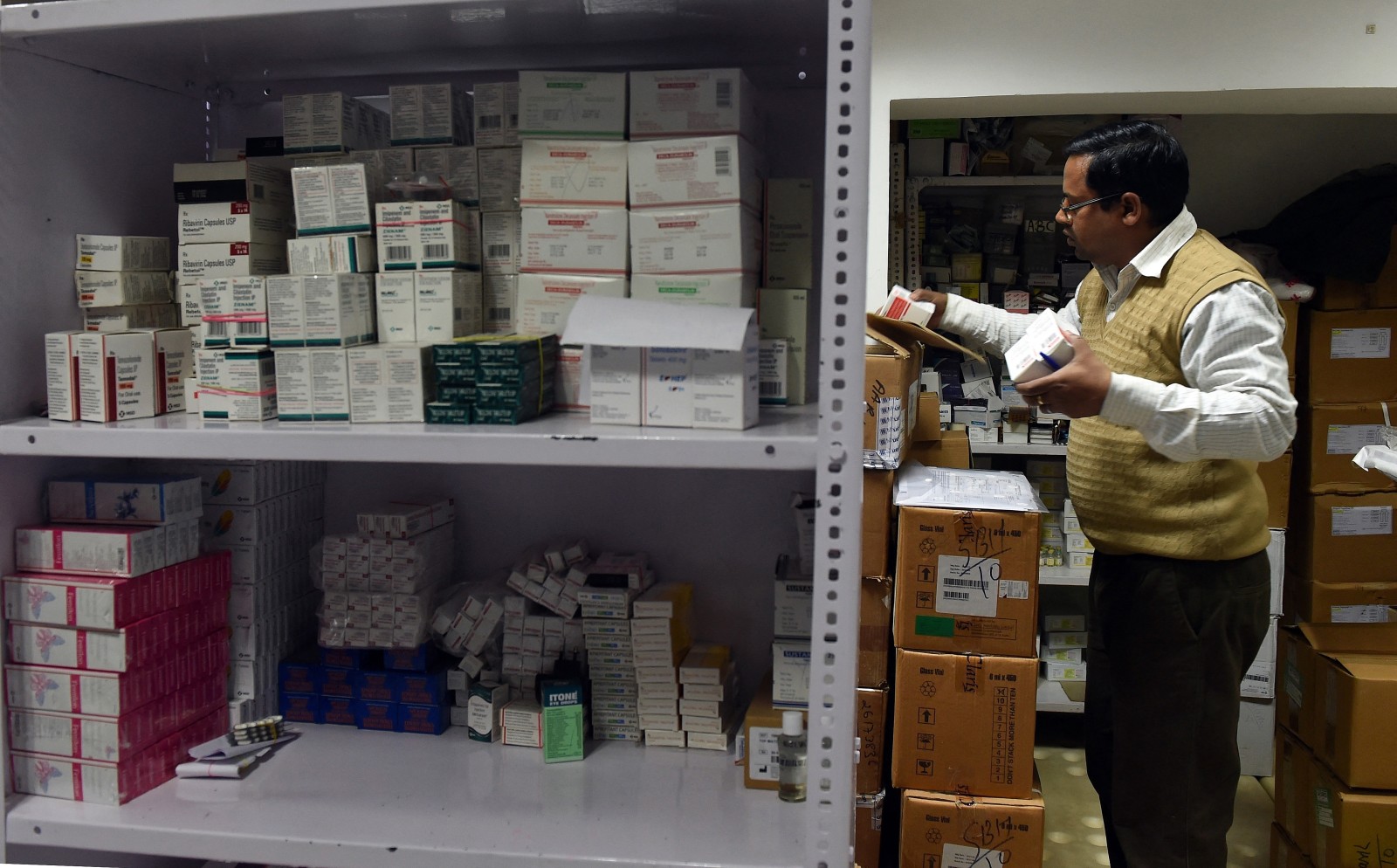
Why are generics so critical to expanding access to medicine?
Through generics and biosimilars, people around the world gain access to the medicines they require – including lifesaving treatments. Of the medicines classed as “essential” by the World Health Organization (WHO), 90% are off patent, including treatments for cancers, heart disease, epilepsy, diabetes, maternal haemorrhage, bacterial infection, tuberculosis, malaria and HIV. When patents expire, generic and biosimilar manufacturers can enter the market and develop these medicines at a lower cost, potentially introducing competition and increasing supply.
Despite this potential, generic and biosimilar medicines remain out of reach for many in LMICs, particularly vulnerable populations and those living in low-income countries. The world’s leading producers of generic and biosimilar medicines – such as the five market leaders profiled in this report – occupy a central position in the global health landscape. By stepping up and taking action, they can ensure people living in LMICs have reliable, affordable access to essential medicines.
“When it comes to expanding access to medicine, the power of the generics industry is often underestimated. It’s more than the transactional relationship of selling drugs at volume and competing on price. Companies must engage with the unmet medical need globally – for example, by working with local manufacturers to improve supply, by taking steps to safeguard quality, by making their essential products available in more countries, and by addressing affordability for the poorest patients.”
What did the report find?
Across the five companies, the report identifies wider findings related to affordability, product registration, supply, local availability, and adaptive R&D. The analysis reveals areas where companies can focus their attention as they step up efforts to expand access to their essential medicines.
Broadly, the companies have opportunities to look beyond the markets where they are already well-established and expand their reach to more countries. Some essential medicines are currently far from accessible in LMIC markets; this is something companies can tackle either via direct engagement in countries where they operate, or by working with local manufacturers and other partners in countries where they have limited networks
Companies have potential to register more of their essential products in LMICs
The report highlights untapped potential for companies to register more essential products in low- and middle-income countries (LMICs). Promisingly, in 90 out of 108 countries in scope, at least one company has registered a product, which indicates that the companies’ existing regulatory reach in LMICs is collectively broad. It also demonstrates their capability to register other products within that same country.
Despite this, an analysis of ten essential medicines per company reveals that companies have registered these products – identified as priorities for access – in 77 countries in scope, out of the 90 in which they have existing regulatory reach. Some of these products have been registered in very few LMICs, and analysis of the companies’ product registration practices in LMICs shows significant variation between companies.
Companies are using access strategies to expand access to their products in LMICs. But efforts fall short for the poorest patients
For these ten assessed products per company – 50 overall – the analysis found that companies had strategies in place to expand access to 41 of them. However, these strategies are very limited in scope and especially do not address affordability considerations for the poorest patients, including those who are uninsured and must pay out-of-pocket for medicine.
“For the very first time, we're shining a spotlight on the actions, efforts, and commitments of leading generic and biosimilar medicine manufacturers to broaden access to lifesaving medicines in LMICs. Although there are standout examples of action, clear opportunities also exist for companies to ramp up their efforts and to work closely with local implementers, governments, and global health organisations to continue to break down barriers for the millions who either lack adequate access or are forced to go without the medicines they need.”
Despite initiatives to strengthen manufacturing, further efforts needed to safeguard product availability
Among the five companies, a handful of initiatives to bolster local manufacturing capacity in LMICs or facilitate technology transfer to local partners could be identified. Broadly, all companies implement at least some strategies to promote a continuous supply of their products and mitigate the risk of shortages and stockouts, and to ensure the quality and safety of their marketed products.
Companies are engaging in adaptive R&D, tailoring products to the needs of people in LMICs
Encouragingly, the report found strong examples of how companies are engaging in adaptive R&D to tailoring products to the needs of people in LMICs, with nine adaptive R&D projects identified among the companies in scope. These include products specifically adapted for children; products adapted so that they do not require refrigeration; and formulations that simplify dosing regimens.
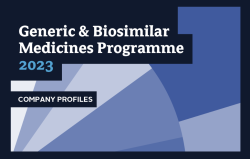
Read more about the 2023 Company profiles
Read moreWhat's next?
Given their portfolios and footprints, these five companies – Cipla, Hikma, Sun Pharma, Teva and Viatris – can have a huge impact on access in LMICs. They can now work to significantly enhance their efforts by acting on the opportunities and the tailored recommendations set out in their respective company profiles. The findings in the report also demonstrate where other companies may be able to learn from their peers and adopt similar positive actions, where relevant, to further improve access and ensure their products reach the people who need them most – no matter where they live.
About the Generic & Biosimilar Medicines Programme
This report is part of the Access to Medicine Foundation’s Generic & Biosimilar Medicines Programme, which was developed to guide and stimulate generic and biosimilar medicine manufacturers to deepen their efforts to expand access to essential medicines in LMICs. This is the first research report from the Generic & Biosimilar Medicines Programme, with analysis carried out using the Analytical Framework published in February 2023.

